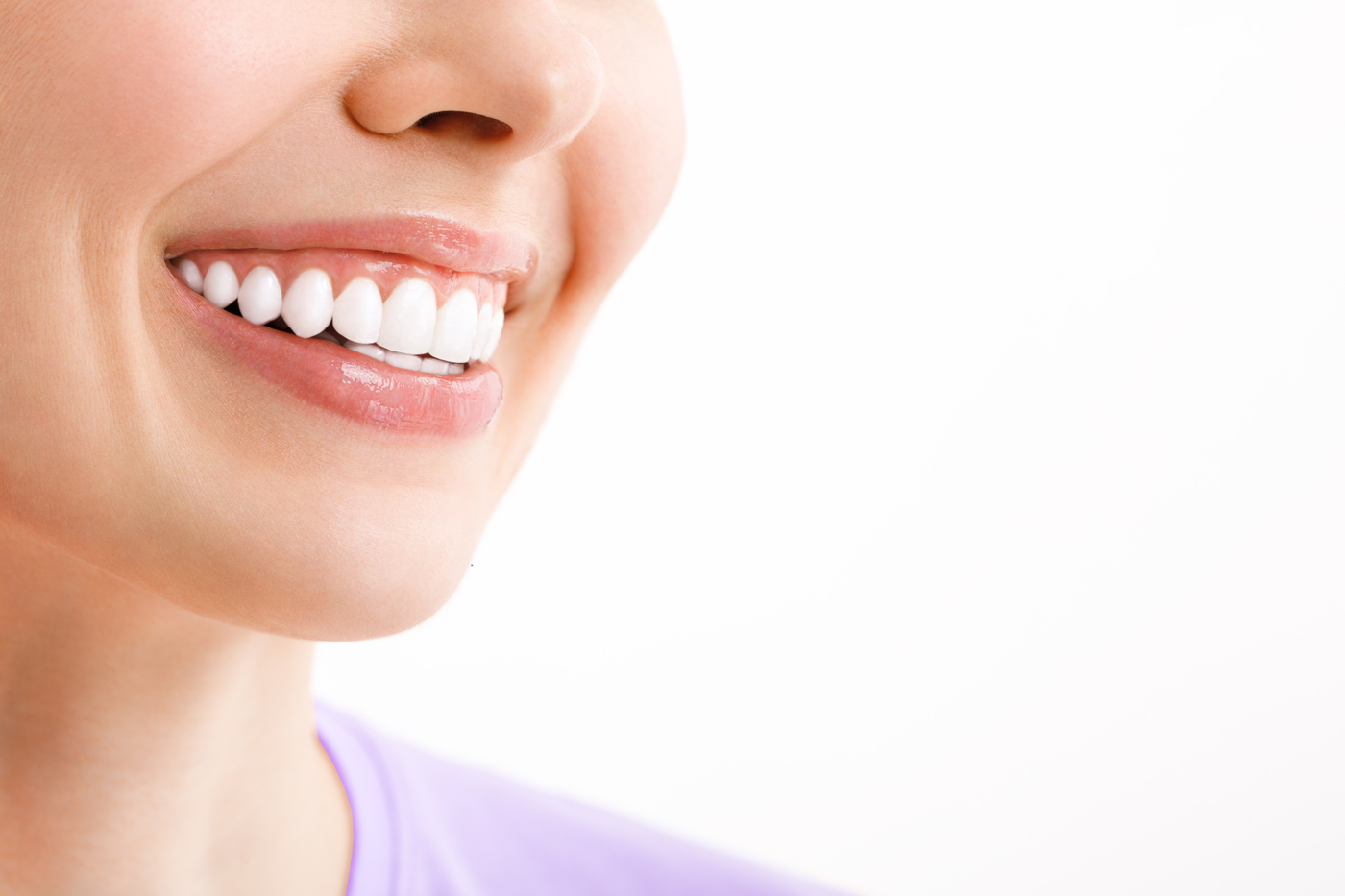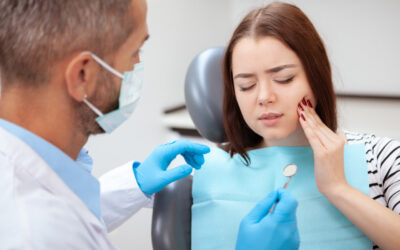How Often Should You Have Your Teeth Cleaned

Maintaining good oral hygiene is essential for overall health, and regular dental cleanings play a crucial role in achieving it. But how often should you have your teeth cleaned? In this article, we will delve into this common question and provide you with the necessary information to keep your pearly whites in top-notch condition.
Why Is Teeth Cleaning Important?
Before we dive into the ideal frequency of teeth cleanings, let’s understand why they are so important. Regular dental cleanings offer numerous benefits, including:
- Plaque and Tartar Removal: Dental cleanings help remove plaque and tartar buildup, preventing tooth decay and gum disease.
- Gum Disease Prevention: Cleaning sessions allow your dentist to detect early signs of gum disease and take appropriate measures to prevent further damage.
- Fresh Breath: Removing plaque and tartar significantly reduces bad breath caused by bacteria accumulation.
- Stain Removal: Teeth cleanings can eliminate surface stains, enhancing the appearance of your smile.
- Overall Health: Oral health is closely linked to overall well-being, as poor oral hygiene can contribute to various health issues, such as heart disease and diabetes.
How Often Should You Have Your Teeth Cleaned?
Now, let’s answer the burning question: how often should you have your teeth cleaned? The general recommendation is to schedule a professional teeth cleaning every six months. However, this frequency may vary based on individual factors.
Factors Affecting the Frequency of Teeth Cleanings
Several factors determine how often you should have your teeth cleaned:
Oral Health Status
The current condition of your oral health plays a vital role in determining the frequency of dental cleanings. If you have a history of gum disease or other oral health issues, your dentist may recommend more frequent cleanings, such as every three to four months.
Dental Hygiene Routine
Your dental hygiene routine at home affects how often you need professional cleanings. Brushing your teeth twice a day, flossing daily, and using mouthwash properly can help maintain good oral health. However, even with a diligent routine, plaque and tartar can accumulate over time, necessitating regular dental cleanings.
Lifestyle Habits
Certain lifestyle habits can contribute to dental problems, such as smoking or tobacco use. These habits increase the risk of gum disease and tooth decay, making more frequent cleanings necessary to mitigate the potential damage.
Medical Conditions
Certain medical conditions, such as diabetes or a weakened immune system, can affect oral health. In such cases, your dentist may recommend more frequent cleanings to prevent complications.
FAQs about Teeth Cleanings
Let’s address some frequently asked questions to provide further clarity:
How often should children have their teeth cleaned?
Children should have their teeth cleaned every six months, just like adults. Regular cleanings help instill good oral hygiene habits and ensure any potential issues are caught early on.
Can I have my teeth cleaned too often?
While maintaining good oral hygiene is crucial, excessive teeth cleanings can potentially damage the enamel. It’s best to consult with your dentist to determine the ideal frequency based on your specific needs.
Are dental cleanings painful?
Dental cleanings are generally painless. However, if you have sensitive teeth or gum disease, you may experience some discomfort. Your dental hygienist will ensure your comfort throughout the cleaning process.
Can I skip dental cleanings if I brush and floss regularly?
Even with excellent home care, professional cleanings are necessary to remove plaque and tartar buildup in hard-to-reach areas. Skipping dental cleanings can lead to oral health issues in the long run.
How can I maintain oral health between cleanings?
To maintain good oral health between cleanings, brush your teeth twice a day with fluoride toothpaste, floss daily, rinse with mouthwash, and eat a balanced diet low in sugary foods and beverages.
How can I find a reliable dentist for teeth cleanings?
Finding a reliable dentist is crucial for your oral health. Ask for recommendations from friends and family, read online reviews, and ensure the dentist is properly licensed and qualified.
Conclusion
Regular teeth cleanings are an integral part of maintaining good oral hygiene and preventing dental problems. While a general guideline suggests a six-month interval, factors like oral health status, dental hygiene routine, lifestyle habits, and medical conditions can influence the ideal frequency.
Consult with your dentist to determine the most suitable cleaning schedule for you. Remember, a healthy smile goes a long way in keeping you confident and thriving.



